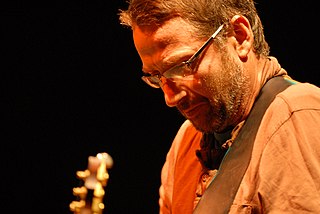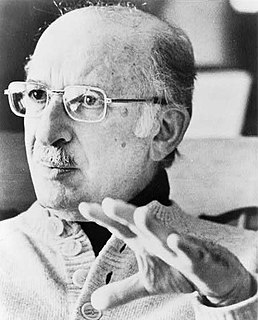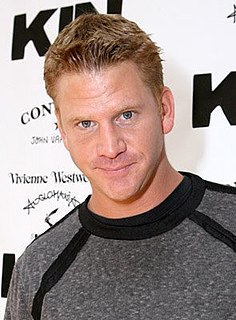A Quote by Susan Griffin
I love that moment in writing when language falls short. There is something more there. A larger body. Even by the failure of words I begin to detect its dimensions. As I work the prose, shift the verbs, look for new adjectives, a different rhythm, syntax, something new begins to come to the surface.
Related Quotes
Community is another such phenomenon. Like electricity, it is profoundly lawful. Yet there remains something about it that is inherently mysterious, miraculous, unfathomable. Thus there is no adequate one-sentence definition of genuine community. Community is something more than the sum of its parts, its individual members. What is this "something more?" Even to begin to answer that, we enter a realm that is not so much abstract as almost mystical. It is a realm where words are never fully suitable and language itself falls short.
There is something false in this search for a purely feminine writing style. Language, such as it is, is inherited from a masculine society, and it contains many male prejudices. We must rid language of all that. Still, a language is not something created artificially; the proletariat can't use a different language from the bourgeoisie, even if they use it differently, even if from time to time they invent something, technical words or even a kind of worker's slang, which can be very beautiful and very rich. Women can do that as well, enrich their language, clean it up.
It took a pretty drastic moment to shift my thinking towards visual arts. I got to a moment in my writing career when I wasn't trusting the language, I was really not trusting the written language, the English language. How do you work with a material that you don't have trust in? I had to step away from it and find another way of articulating and I had to do it without words.
When I'm actually writing by hand, I get more of a sense of the rhythm of sentences, of syntax. The switch to the computer is when I actually start thinking about lines. That's the workhorse part. At that point, I'm being more mathematical about putting the poem on the page and less intuitive about the rhythm of the syntax.
The focus of my playing is the groove, and every time I find a new rhythm, I find I can write a bunch of new songs. Learning how to dance, or drum, or to swing my body in a new way is the fundamental way I find a new riff. Because when you learn to swing your body in a new way, you begin to swing with your instrument differently.
To any writer: Teach yourself to work in uncertainty. Many writers are anxious when they begin, or try something new. Even Matisse painted some of his Fauvist pictures in anxiety. Maybe that helped him to simplify. Character, discipline, negative capability count. Write, complete, revise. If it doesn't work, begin something else.
Writing with a partner is, in some ways, an easy but odd process. Two people come into a room and look to each other for motivation. One might not be in the right mood at any given moment. And somehow, you begin; somehow, out of your exchange of thoughts, something engages both of you, and the process of collaboration begins.






































